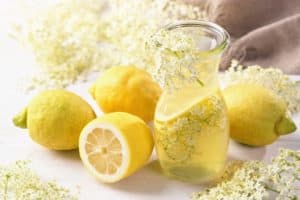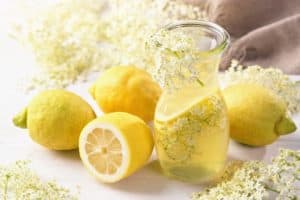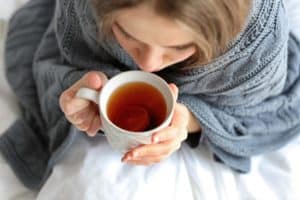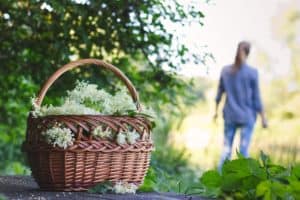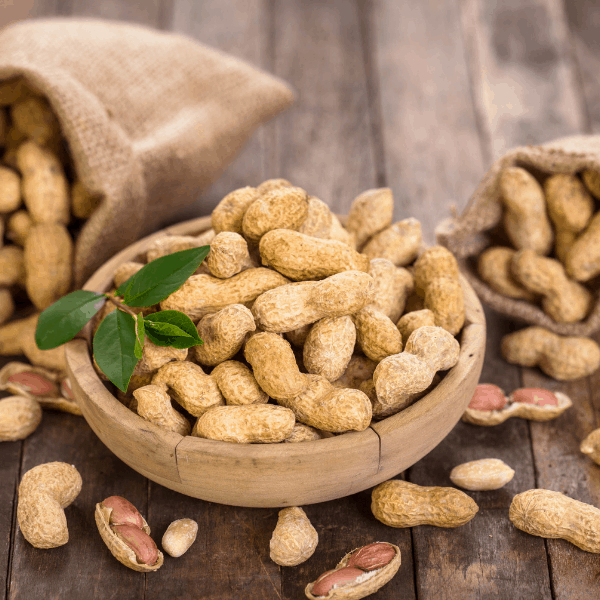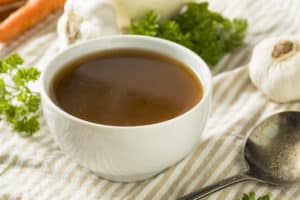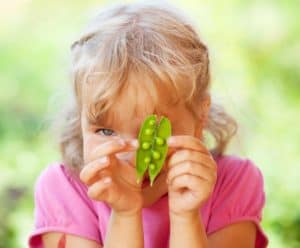How to Take Elderflower
Elderflower can be used medicinally or in the kitchen. Although they aren’t as nutritious as their elderberry counterparts, elderflowers provide a floral aroma and taste that isn’t overpowering, and they’re slightly more versatile.
The flowers themselves are edible, albeit the taste won’t be all that appealing. Like elderberries, there’s a bitter taste, and the flowers are notoriously difficult to work with for cooking.
What’s the workaround? Elderflower can be dried for later use, but either used fresh or saved, it makes a great infusion. Soak the flowers to impart flavor and fragrance, or cook them down to achieve elderflower syrup that can be used in different drinks and dishes.
Elderflower Drink
Elderflower is popularly consumed in drinks as opposed to dishes. It’s consistently described as crisp, a little woodsy, and gently sweet with notes of tartness.
For cooking, the syrup (or fresh flowers) works best for baking or as an accompaniment to sweet flavors. For drinking, things get more interesting.
- Elderflower Cordial: A sugared, non-alcoholic liqueur made with simple syrup. Citrus flavors like lemon or orange are commonly added to the concentration, which may or may not be present in straight syrup varieties. It can be sipped as a dessert drink in itself, or diluted with bubbly, water, or club soda to enjoy a refreshing floral drink.
- Elderflower Cocktails: When non-alcoholic elderflower cordials are mixed into alcoholic drinks, everyone involved wins. It pairs great with gin and tonic or an old fashioned, but white or port wine and champagne also work, too.
- Elderflower Alcohol: Although not that popular in American, in Europe, elderflower derived alcohols are not uncommon. The flowers and berries can be fermented into a fruit wine, and from there, distilled into brandy. Recipes are out there if you have access to the berries and flowers and want to try your hand at a homemade batch!
- Elderflower Tea: The flowers can be dried over several days in order to prep them for herbal tea usage. Just boil them, whether drying your own or buying the elderflower tea directly. This is most effective for supplemental or medicinal purposes and comes with the added benefit of getting to drink a nice warm floral tea.\
Is Elderflower Healthy?
Elderflower may not be very nutritious, but it is still undoubtedly healthy!
Of course, it depends on how you’re consuming them. Elderflower syrup drizzled over a stack of ten pancakes with whipped cream on top won’t be doing you any favors. Neither will downing four elderflower-infused cocktails in one sitting.
But as flavored water or a nightly cup of tea, the benefits of elderflower should be readily available to your body.
Elderflower Benefits
1. Antioxidants
Rich in bio-flavonoid compounds, specifically flavonols, elderflower is packed with antioxidants and all the positives they bring. You may often hear elderflower being cited as a source of vitamin C; however, this is false as only elderberries have any vitamin content. Elderflower’s antioxidants enhance the effects of vitamin C in your diet.
Other benefits include:
- Anti-inflammatory
- Immune boosting
- Antihistamine
- Reduced free radicals in the body, which damage cells causing an anti-carcinogenic effect and helping to guard against cardiovascular disease, among other things.
2. Helps Fight Cold, Flu, and Sinus Troubles
Due to its antioxidant power, elderflower is a natural choice to help you overcome the sniffles and other symptoms of cold and flue. Yet it also exhibits some antiviral properties which combat the flu virus directly, though they may be more present in elderberry.
Something that elderflower has exclusively that the berries don’t is that it’s an anticatarrhal herb. It stops inflammation of the mucous membrane, preventing the formation of excess mucus and helping to clear up existing excess.
Either drinken (perhaps with lemon and honey) or just gargled, this makes it ideal for use against:
- Congestion
- Runny nose or sinus drip
- Allergies
3. Diuretic Properties
Elderflower tea or flavored water is perfect for this. A diuretic causes the body to produce more urine and effectively flush out the kidneys, which can be useful in certain situations. For example, when trying to get past urinary tract or bladder infection, or keeping things moving in order to prevent reoccurrence.
However, urinating with an infection is the worst part — the good thing is that elderflower also has those anti-inflammatory properties, which could potentially lessen the UTI-associated burning and pain.
Other Ways to Take Elderflower
For these benefits, it’s also possible to get different supplements composed of or containing elderflower.
- Some of them, mostly from the European market, are marketed as sinus products and are specifically meant to combat sinus related issues.
- Many others come in tinctures as a liquid extract meant to be taken orally.
- Finally, traditional capsules are available as well, with dried elderflowers contained within.
- You can find it as an ingredient in lotions and other topical skin creams, too, working together with other antioxidant sources and providing a lovely scent.
Are There Any Side Effects?
If you stick solely to elderflowers themselves, there’s very little to fear. As elderflower has diuretic properties, a simple side effect is that you may have to head to the bathroom a little more often.
More importantly, but a little tangentially, all parts of the elderflower plant, Sambucus, are poisonous to mammals aside from the flowers and berries. The bark, leaves, and roots release cyanide when chewed or digested, the buildup of which will induce vomiting and diarrhea.
But even unripe berries may be mildly toxic, and only black elderberries can be eaten raw. Cooking removes all toxicity, though, so it’s suggested that any uncooked black elderberry products not be consumed excessively for fear of digestive distress.

